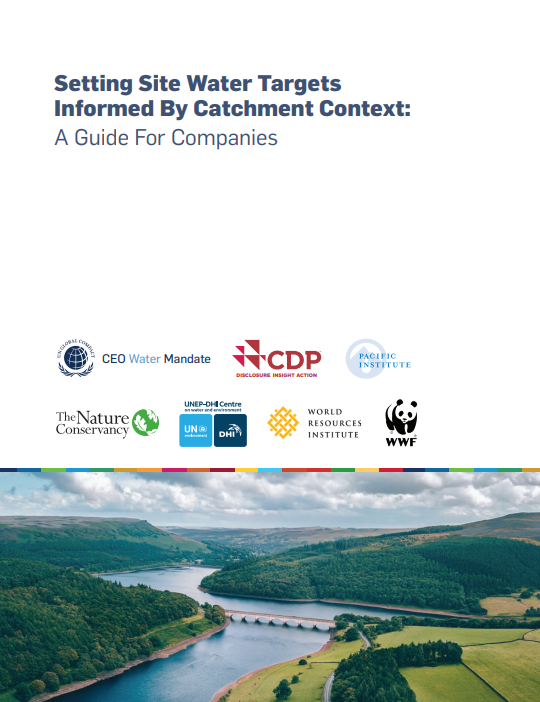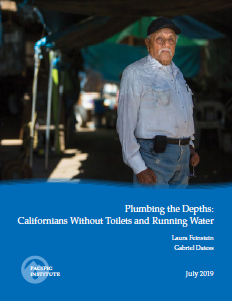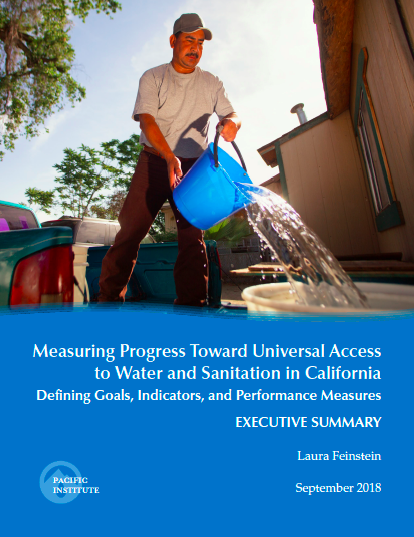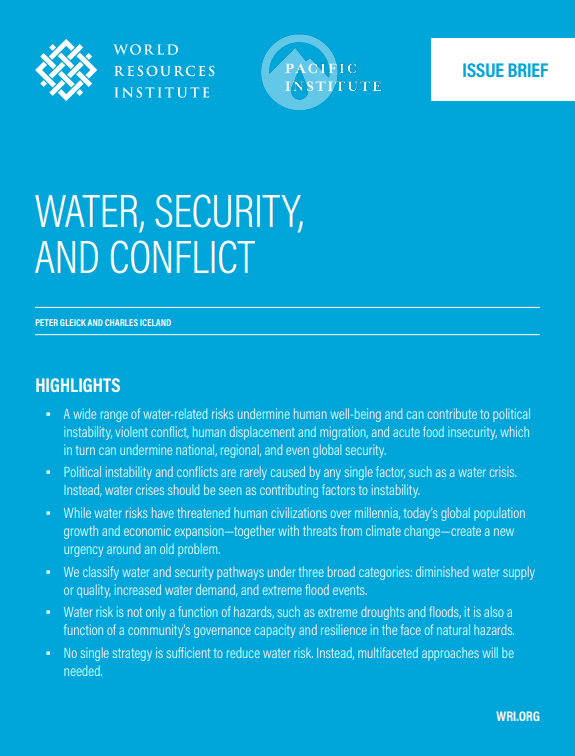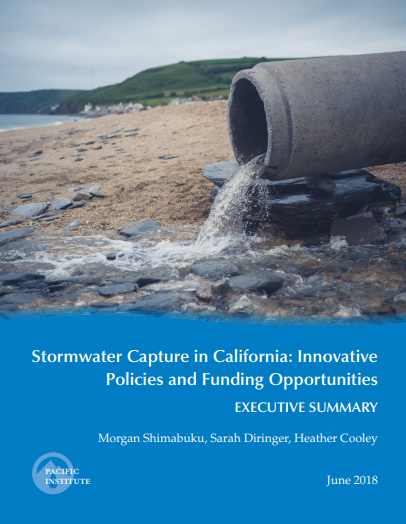1075 Resources
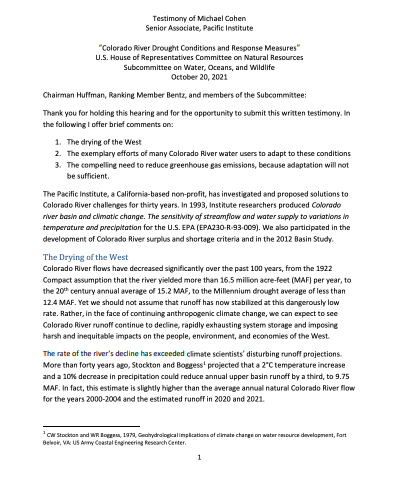
Testimony on Colorado River Drought Conditions and Response Measures to the U.S. House of Representatives Committee on Natural Resources Subcommittee on Water, Oceans, and Wildlife
October 20, 2021 | publication
Pacific Institute Senior Researcher Michael Cohen submitted written testimony to the U.S. House of Representatives Committee on Natural Resources Subcommittee on Water, Oceans, and Wildlife for their October 20, 2021 hearing on drought conditions in the Colorado River Basin and potential response measures.
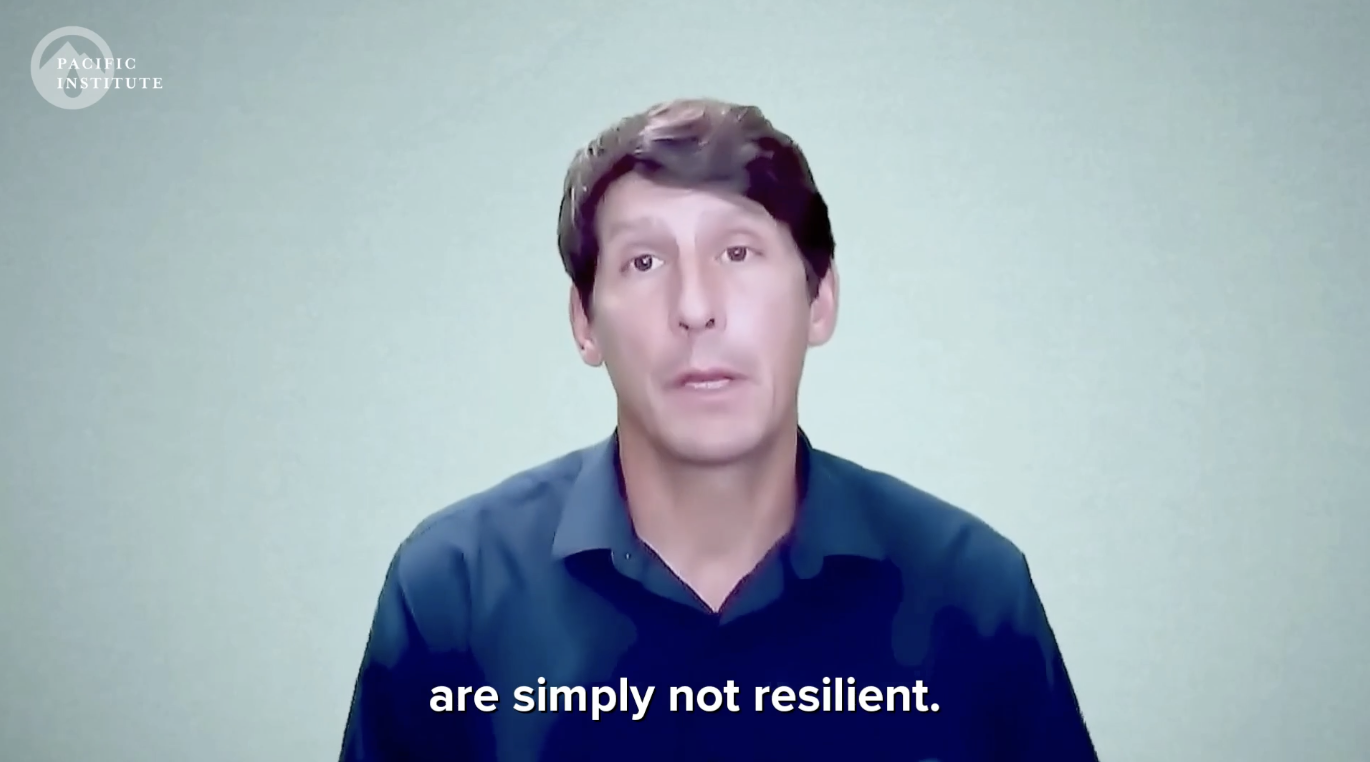
Pacific Institute: An Urgent Call to Build Water Resilience
October 17, 2021 | video
The concept of water resilience has emerged recently in response to growing recognition of a more variable and uncertain future. In this video, Pacific Institute President Jason Morrison calls for accelerated action towards global water resilience.
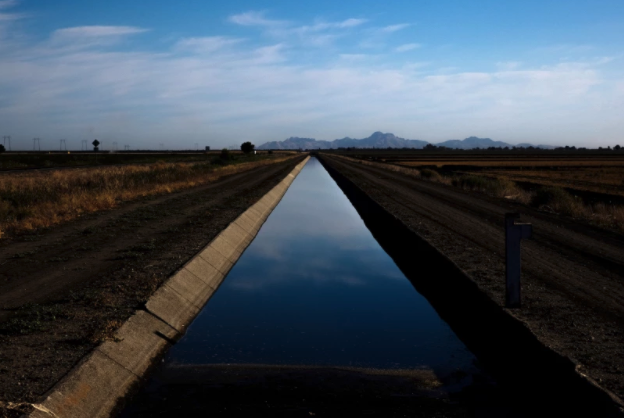
Op-Ed: Happy New Water Year — Californians Have to Face Some Difficult Wet Season Truths
October 4, 2021 | publication
Happy New Water Year. For those of us who work on California water challenges, the start of the new year isn’t Jan. 1; it’s Oct. 1, the official beginning of the state’s wet season.
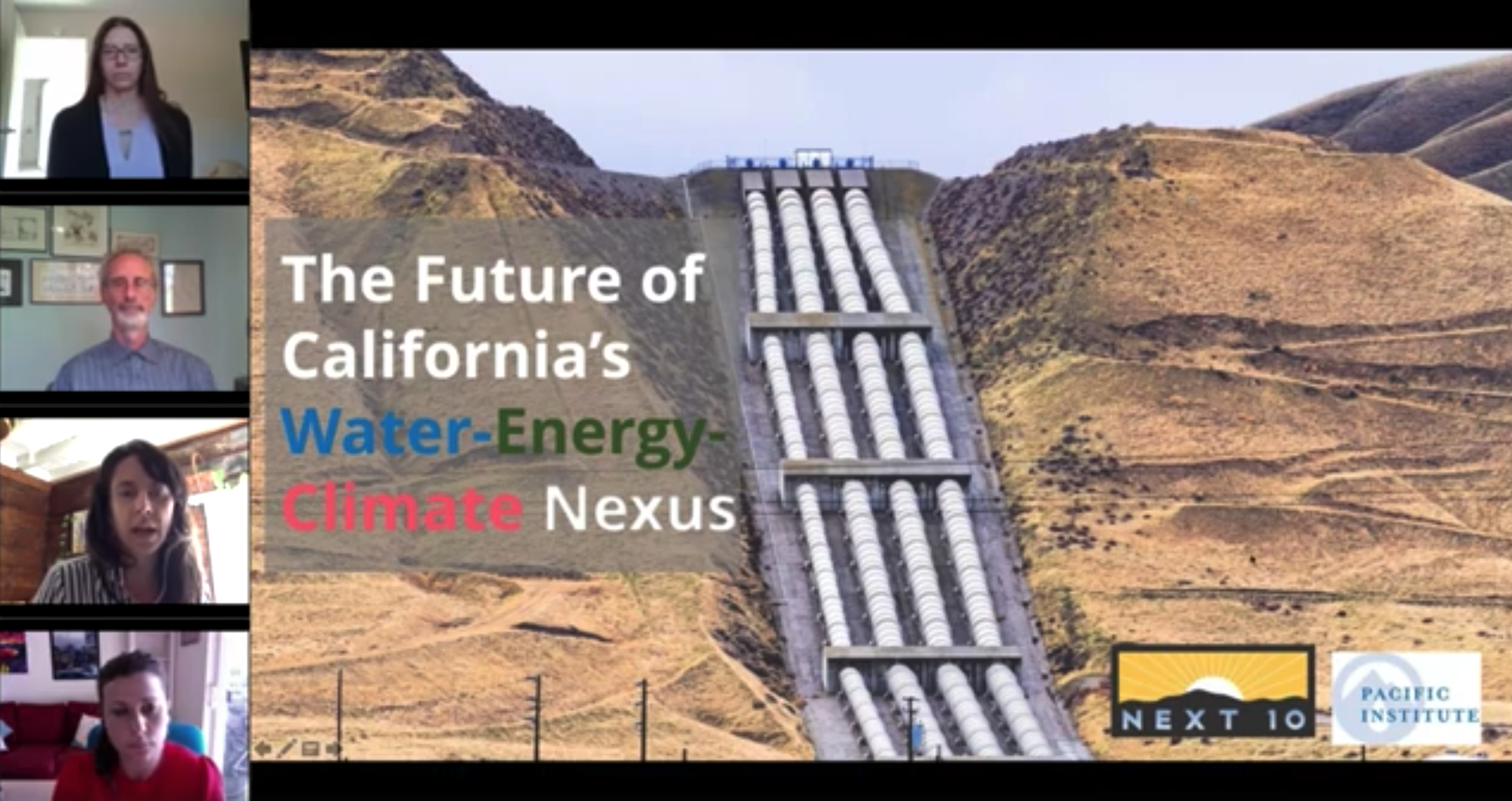
The Future of California’s Water Energy Climate Nexus
September 29, 2021 | video
In this briefing, the Pacific Institute joined Next 10 to discuss California's water-energy-climate nexus. Pacific Institute Researcher Dr. Julia Szinai, Director of Research Heather Cooley, and President Emeritus Dr. Peter Gleick explored key findings of their report on this topic and implications for water, energy, and climate policy. The discussion was moderated by Colleen Kredell, Director of Research at Next 10.
September 2021 Newsletter
September 27, 2021 | announcement
The monthly newsletter features the Pacific Institute’s research, publications, news about past and upcoming Institute staff outreach efforts, and media coverage of its work and analysis.
California Budget Includes Billions for Water, a “Hopeful Step Toward Realizing the Human Right to Water in California”
September 20, 2021 | announcement
California state lawmakers have passed a 2021-2022 state budget that includes $2billion for drinking water, wastewater infrastructure, and program support, with a focus on underserved and small communities.
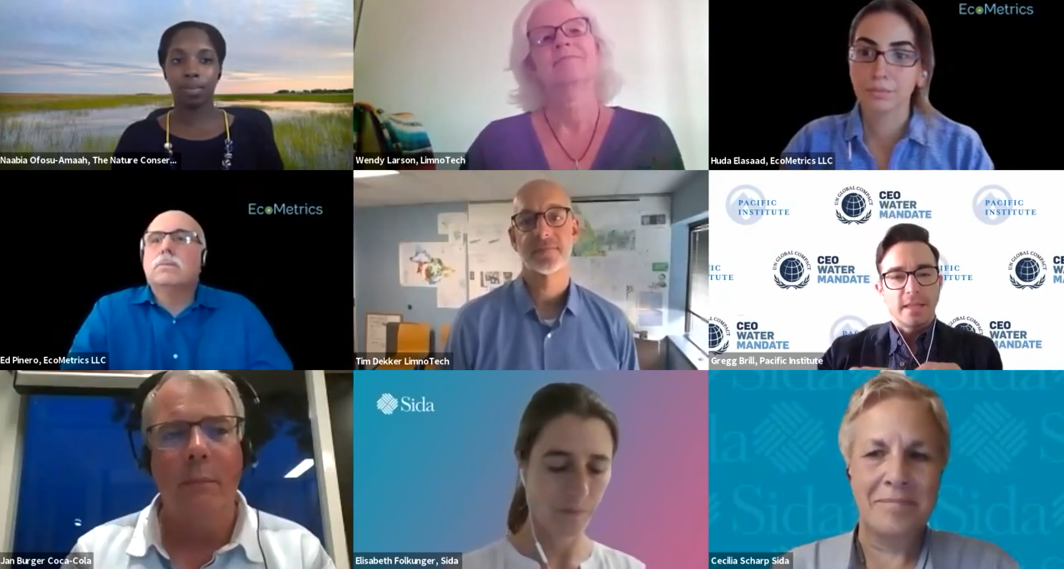
Tools of the Trade: Benefit Accounting of Nature-Based Solutions (WWW 2021)
September 20, 2021 | video
This session showcases innovative tools that can support the business case for NBS investments and allow companies to make informed decisions regarding water security, climate resilience (including greenhouse gas emissions reduction) and biodiversity conservation.
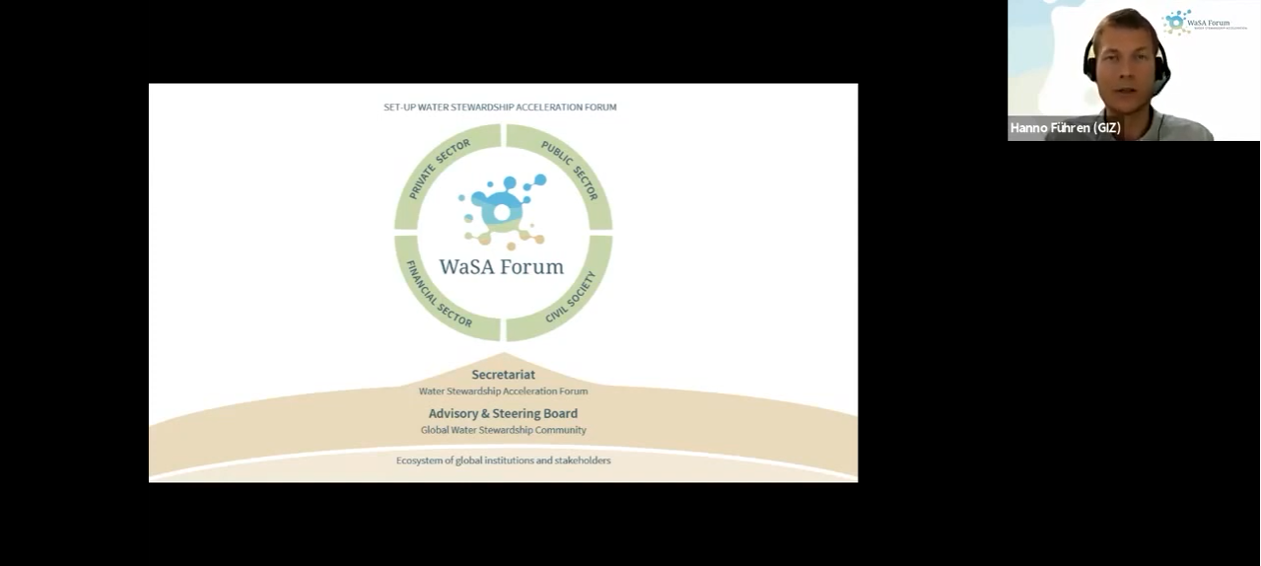
Formation of a Water Stewardship Acceleration Forum (WWW 2021)
September 20, 2021 | video
The session kicks-off with an overview of the stewardship approach, its potential and examples of current initiatives as well as the existing stewardship landscape including relevant actors, gaps, and challenges.
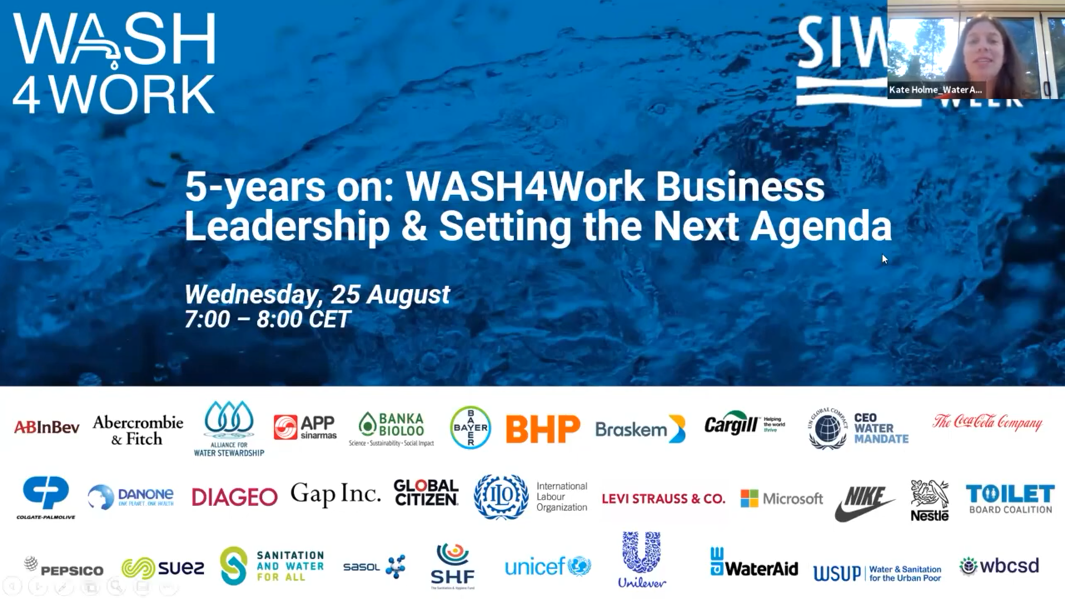
Five Years On: WASH4Work Business Leadership & Setting the Next Agenda (WWW 2021)
September 20, 2021 | video
This session features WASH4Work members sharing key learnings, including the business case for WASH as well as WASH best practices in operations, supply chains, and communities. This session also launches a discussion about the future-looking agenda of Climate Resilient WASH.
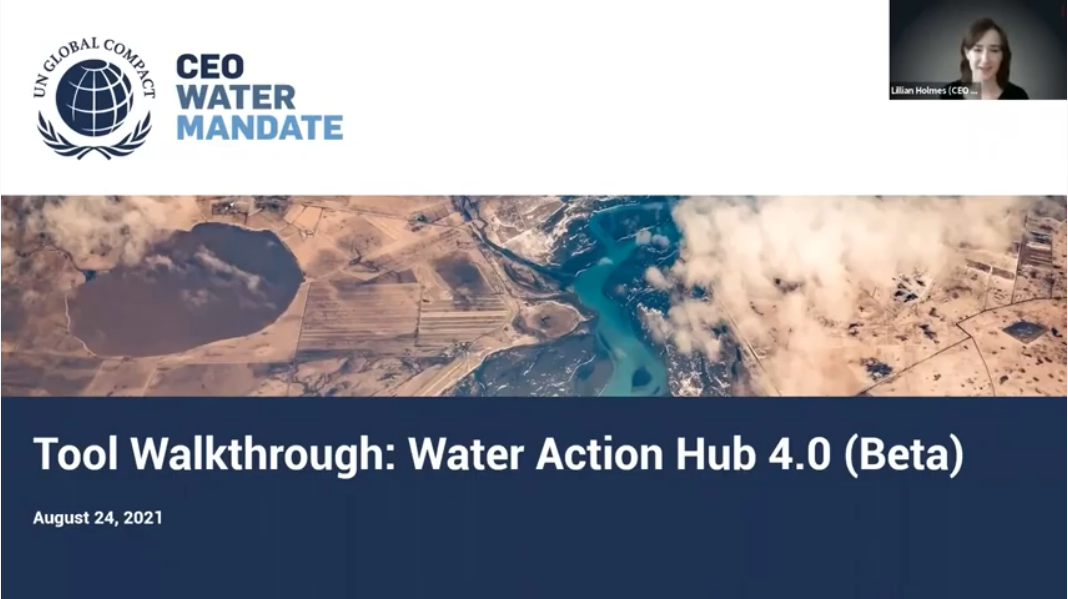
Water Action Hub 4.0: Accelerating Action, Building Partnerships (WWW 2021)
September 20, 2021 | video
The Water Action Hub is a free global online collaboration and knowledge-sharing platform connecting more than 1,000 businesses, NGOs and others around the world to foster collective action.
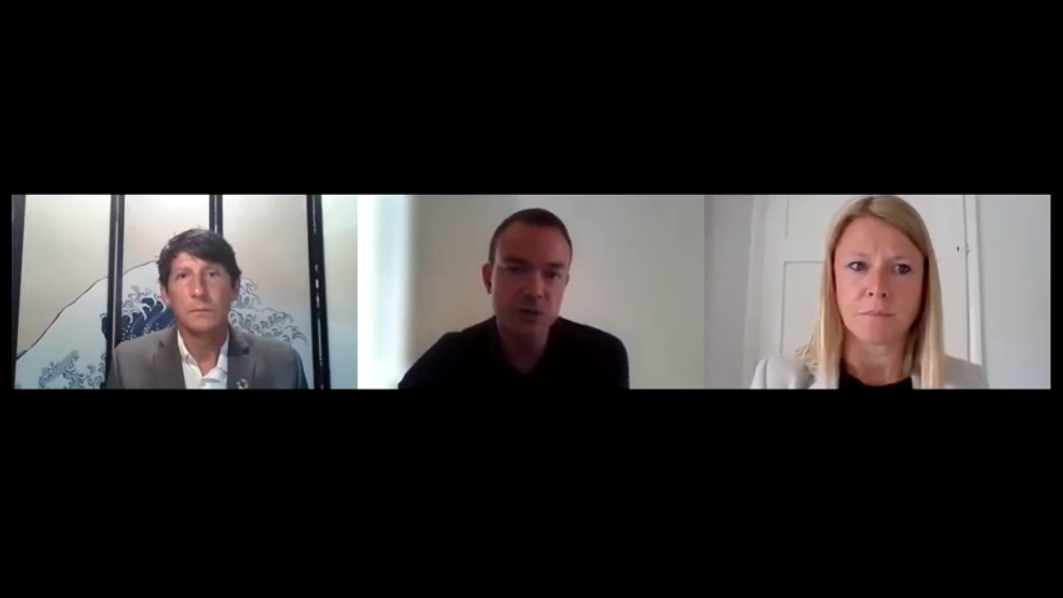
The Private Sector–Water and Climate Resilience in Uncertain Times 1/3 Corporate Leadership (WWW 2021)
September 20, 2021 | video
This seminar convenes business leaders with diverse stakeholders to consider leadership positions, advances in science and practice and robust solutions to build resilience to our wicked climate change problem. In this session, explore the importance of Corporate Leadership in building water stewardship.
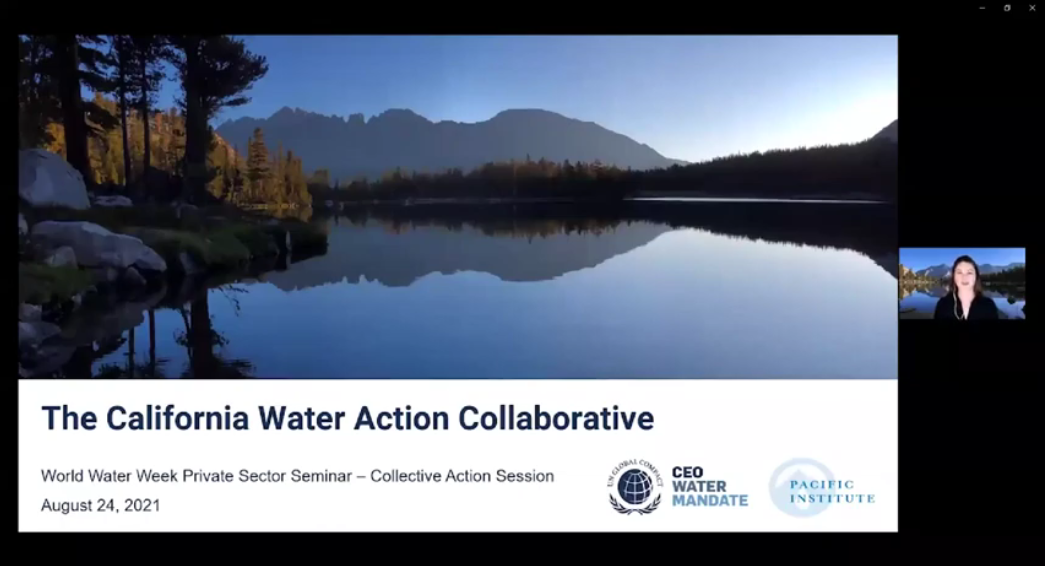
The Private Sector–Water and Climate Resilience in Uncertain Times 2/3 Collective Action (WWW 2021)
September 20, 2021 | video
This seminar convenes business leaders with diverse stakeholders to consider leadership positions, advances in science and practice and robust solutions to build resilience to our wicked climate change problem. In this session, explore the importance of Collective Action in building water stewardship.
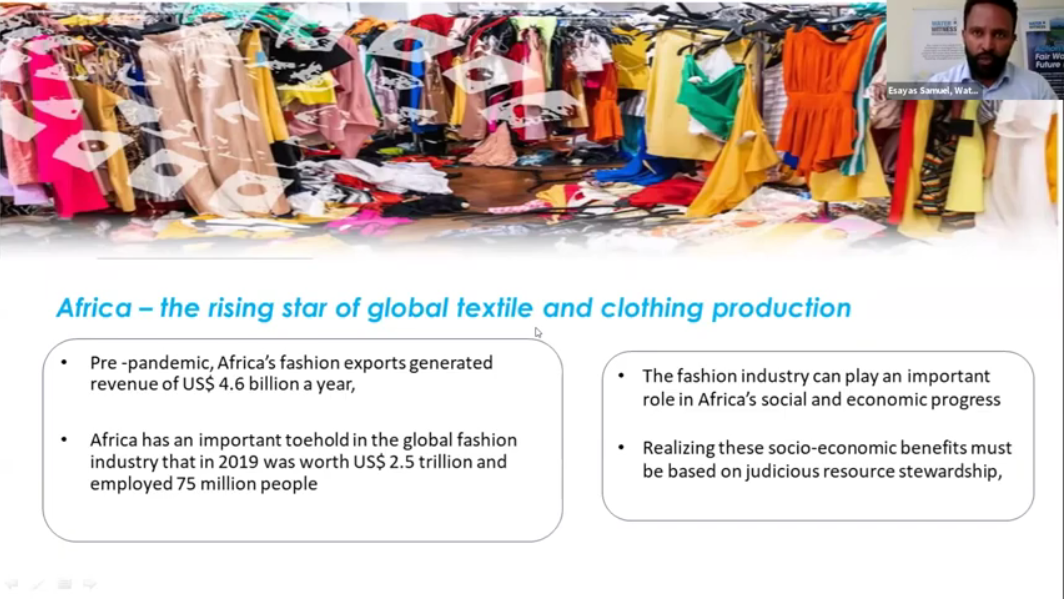
The Private Sector–Water and Climate Resilience in Uncertain Times 3/3 Tools and Approaches (WWW 2021)
September 20, 2021 | video
This seminar convenes business leaders with diverse stakeholders to consider leadership positions, advances in science and practice and robust solutions to build resilience to our wicked climate change problem. In this session, explore the Tools and Approaches essential to building water stewardship.
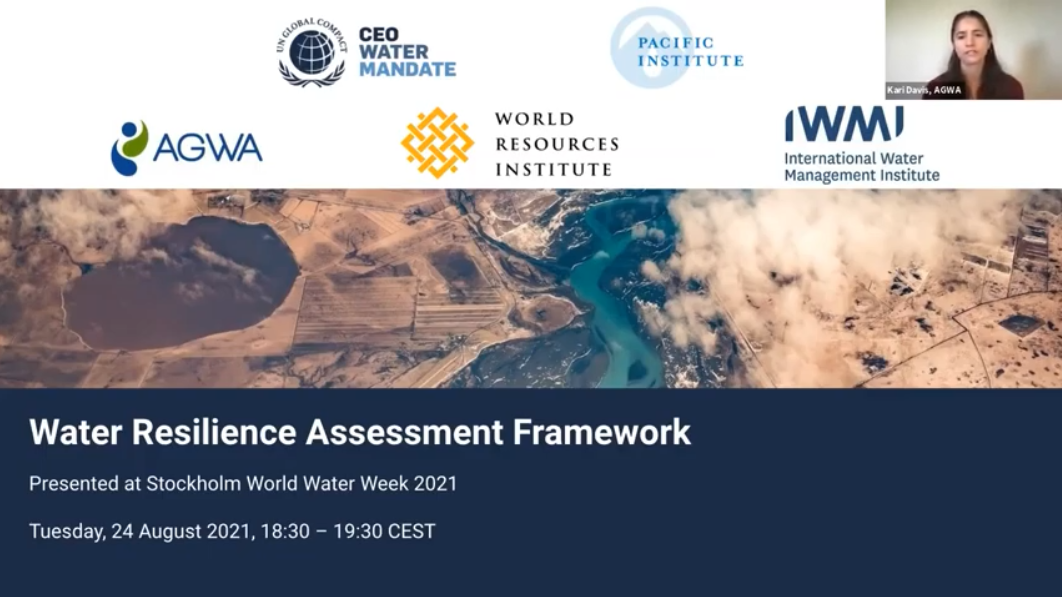
From Resilience Indicators to Action: The Water Resilience Assessment Framework (WWW 2021)
September 20, 2021 | video
This session presents an innovative framework to assess water system resilience with the ultimate goal of creating shared understanding and collective action.
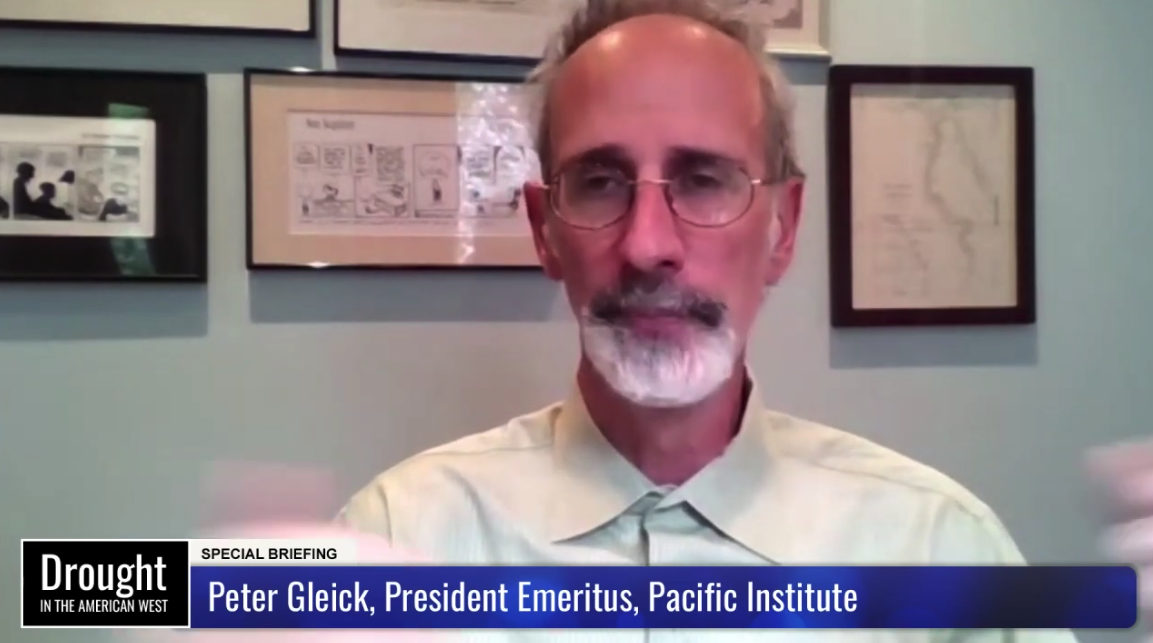
Drought in the American West
September 20, 2021 | video
This briefing on drought in the American West features journalists, experts, and others on the front lines in an interactive discussion and Q&A.
August 2021 Newsletter
September 20, 2021 | announcement
The monthly newsletter features the Pacific Institute’s research, publications, news about past and upcoming Institute staff outreach efforts, and media coverage of its work and analysis.
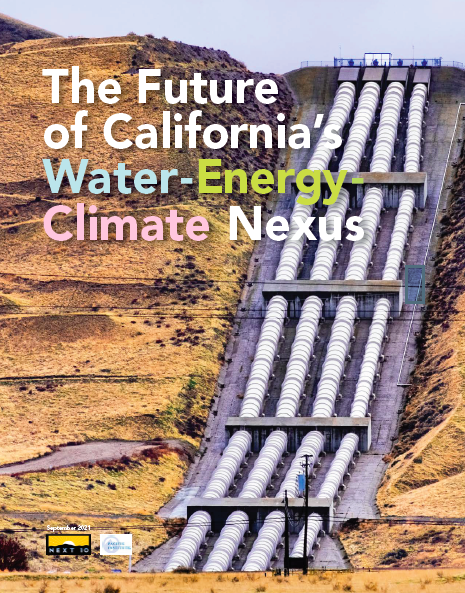
The Future of California’s Water-Energy-Climate Nexus
September 9, 2021 | publication
Water and energy are inextricably linked in California and, as one resource faces constraints or challenges, so does the other. With the state looking to both reach its climate change goals and decarbonize its economy through a transition to 100 percent clean energy, water will play an integral role.
As Water Scarcity Grows in California, So Will Greenhouse Gas Emissions Without Urgent Efficiency Measures
September 9, 2021 | announcement
September 9, Oakland, California — Without urgent water efficiency measures, carbon emissions associated with water usage in California are likely to spike in coming years, as changing sources of water supply and population growth drive up energy-intensive urban and agricultural water needs.
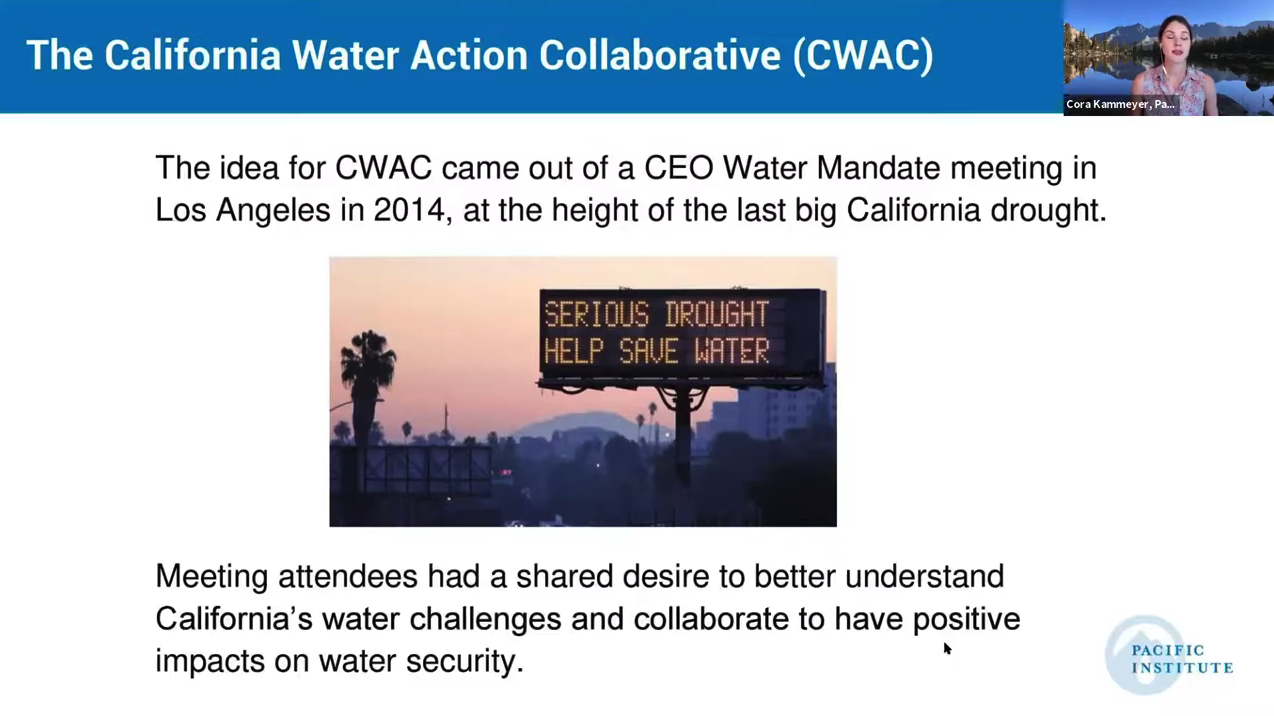
California Drought: Tackling Water Risks for Agriculture and Apparel
September 8, 2021 | video
In California, water is a case study in extremes, exacerbated by a fast-changing climate. Periods of epic drought followed by torrential precipitation are the new normal, making it harder to manage water supplies and protect the state’s ecosystems, communities, farms, businesses, and infrastructure. Staying involved, engaged and informed on California water risks and solutions is necessary for agriculture and apparel companies that want to grow.
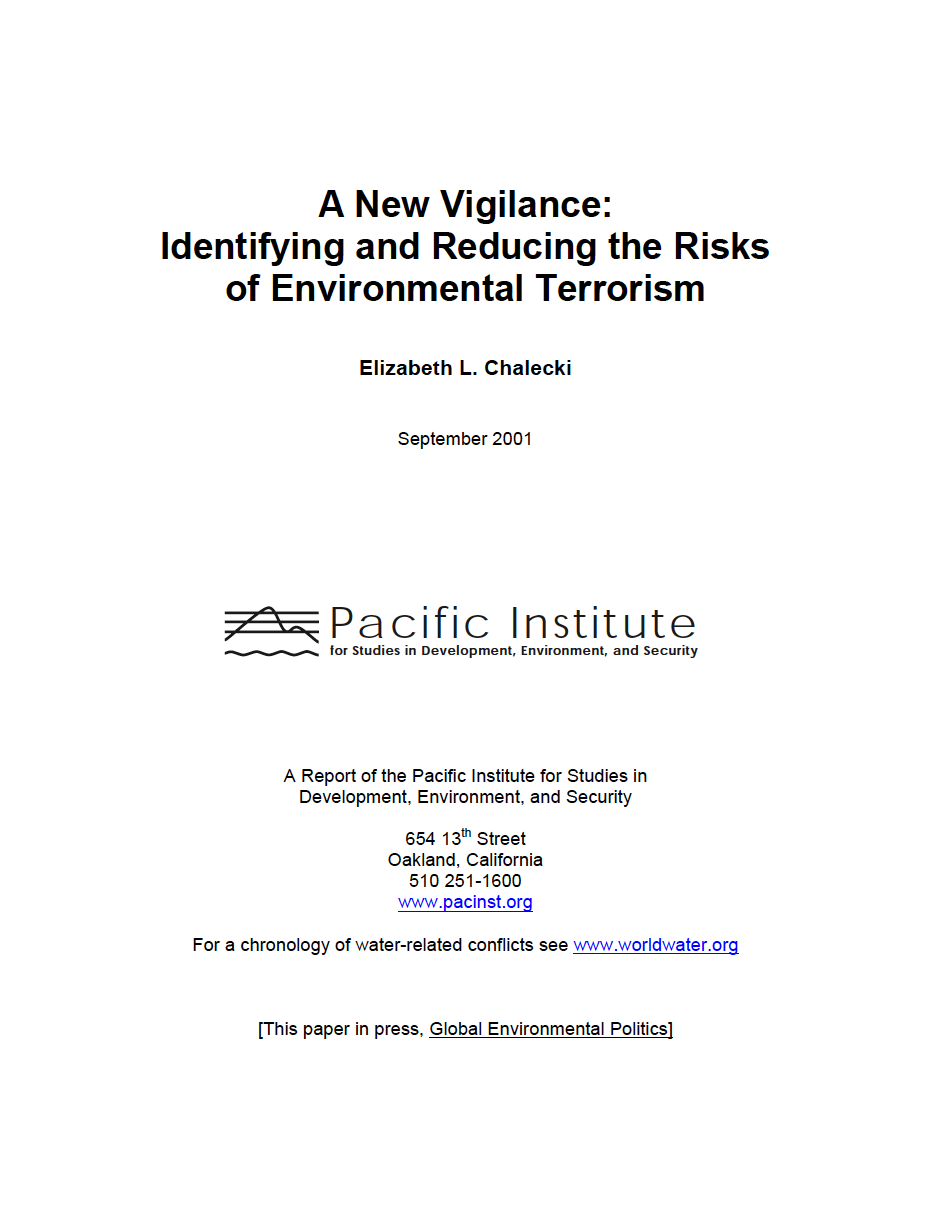
A New Vigilance: Identifying and Reducing the Risks of Environmental Terrorism
September 1, 2021 | publication
Environmental terrorism is an old type of conflict with a new face. Large, costly wars
between two or more states have become less prevalent over the past 50 years, and with the end
of the Cold War and the demise of the Soviet Union, there has been no bipolar superpower
standoff to suppress the many ethnic, religious, and multipolar political and cultural tensions that
motivate terrorist actions.
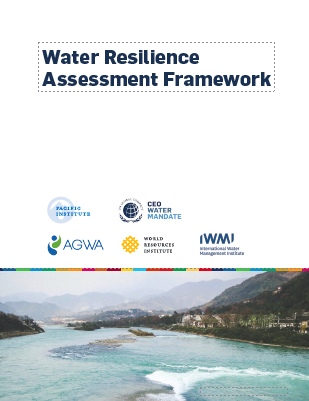
Water Resilience Assessment Framework
August 24, 2021 | publication
Climate change is driving many types of water challenges, including water scarcity and abundance, worsening water quality, and shifts in timing of the hydrologic cycle. Shocks and stresses affect the resilience of water systems and the stakeholders that rely on them. Specific guidance on how to understand system resilience and measure systematic changes and intervening actions can ensure a more resilient future for all.
New Water Resilience Assessment Framework Launched at World Water Week
August 24, 2021 | announcement
The Pacific Institute, in partnership with the CEO Water Mandate, International Water Management Institute (IWMI), the Alliance for Global Water Adaptation (AGWA), and World Resources Institute (WRI) today launched the Water Resilience Assessment Framework (WRAF) during World Water Week. The Framework is designed to inform and support decisions and actions among stakeholders to ensure both short- and long-term water system resilience.

Building Resilience Faster at World Water Week 2021
August 20, 2021 | post
As the co-secretariat of the UN Global Compact’s CEO Water Mandate, the Pacific Institute is pleased to be a leading contributor at the upcoming World Water Week.
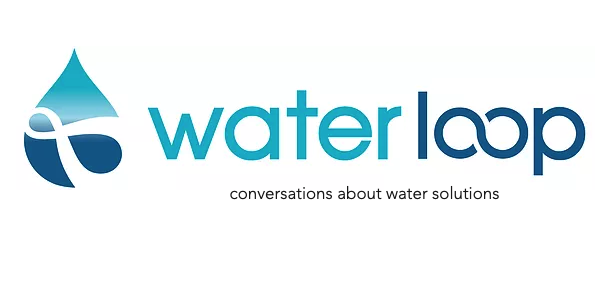
Dry Times For California Farms With Heather Cooley and Ruth Dahlquist-Willard
August 17, 2021 | video
The impacts and actions of agriculture during drought are discussed in this episode with Heather Cooley, Director of Research at the Pacific Institute, and Ruth Dahlquist-Willard, Farm Advisor at the University of California Cooperative Extension. They discuss the variety of choices California farms will make during drought, including where to get water, how much to water crops, what crops to fallow, how to improve water efficiency, and even whether to stay in business.
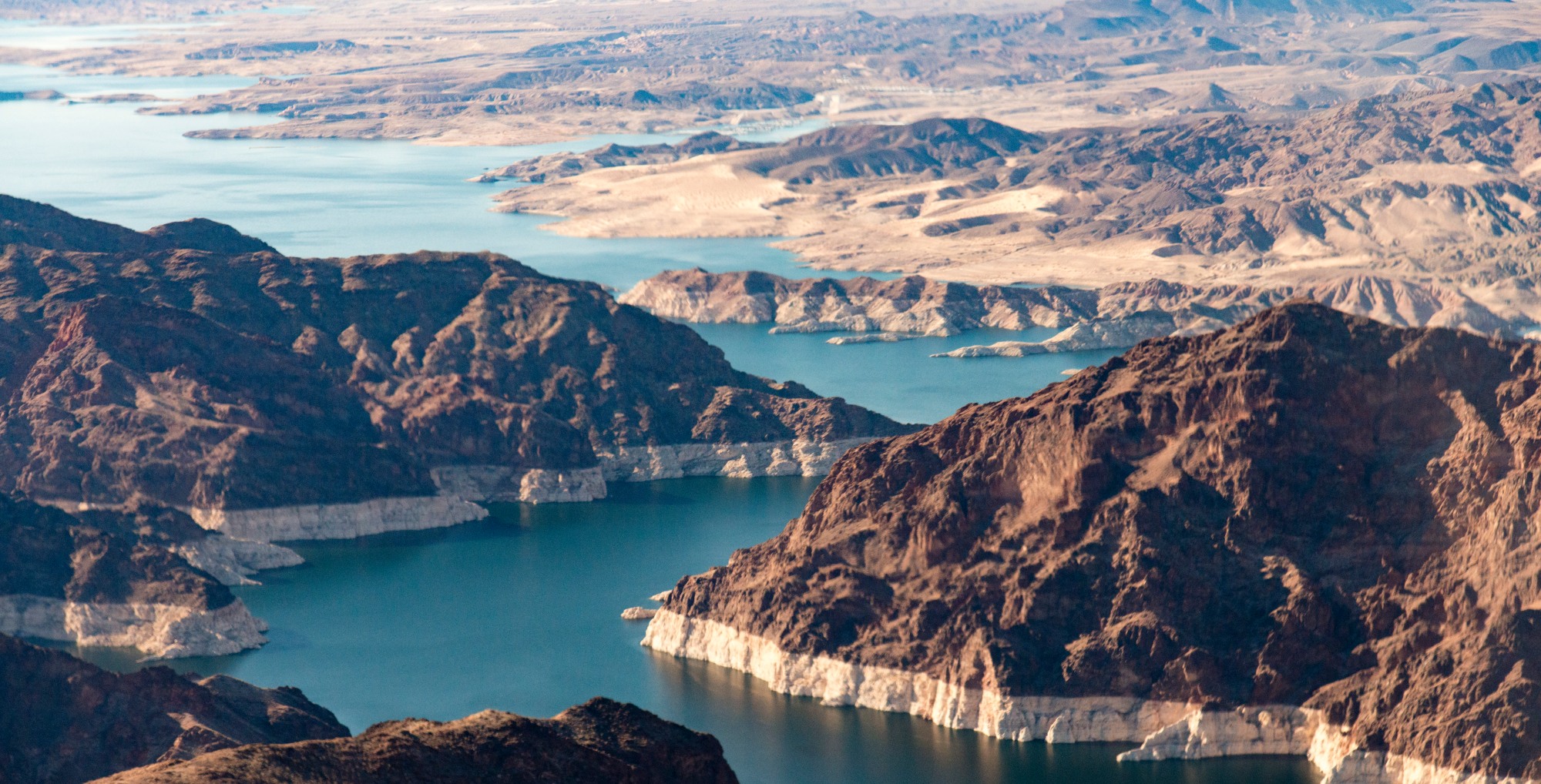
Shortage Declaration in the Colorado River Basin Takeaways
August 16, 2021 | post
Today, the US Secretary of the Interior declared a first-ever Shortage Condition for the Lower Colorado River Basin. After more than 21 years of drought in the western United States intensified by human-caused climate change, the Bureau of Reclamation has released a study projecting that the elevation of Lake Mead will be below an elevation triggering a Tier 1 Shortage Condition that will reduce water access to some users starting in January 2022. It’s a historic move sending reverberations throughout the water policy world — both within the United States and globally.
Page 10 of 43



